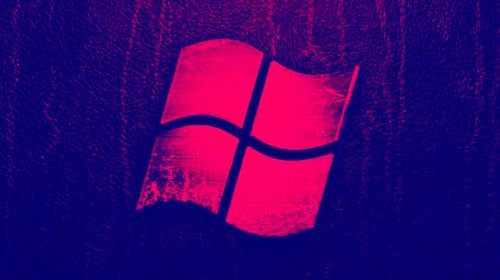The US Cybersecurity and Infrastructure Security (CIS) agency on Thursday added two flaws to its catalog of known vulnerabilities, citing evidence of active exploitation. These two high-severity issues are related to weaknesses in Zimbra’s communication mechanism, both of which can be chained to achieve unauthenticated remote code execution on vulnerable email servers. CVE-2022-27925: (CVSS score: 7.2) CVE-2022-37042: In short, the attacks involve exploiting the authentication bypass flaw to achieve remote code execution on the main server by uploading arbitrary files. Also, more than 1,000 cases have been identified around the…
Read MoreCategory: ویژه
Holding a workshop on network security tools (Linux) by APA Center of Urmia University
In line with the memorandum of understanding with Maher Center and to help improve the scientific level of employees of non-infrastructure devices, Urmia University’s APA Center organized a workshop on network security tools (Linux) on 4/29/1401. Penetration testing methods training course, network security tools familiarization workshop, information security management system principles and concepts explanation workshop, and introductory computer criminology workshop are the titles of the courses that were held with the first four-hour network security tools familiarization workshop. Began. Promoting awareness and understanding of issues related to information security among…
Read MoreMicrosoft releases June 2020 security patches for 129 vulnerabilities
Microsoft released its June 2020 security updates, which patch a total of 129 new vulnerabilities affecting various versions of Windows operating systems and related products. This is the third Patch Tuesday update since the start of the global Covid-19 outbreak, putting extra pressure on security groups. These 129 vulnerabilities include 11 critical vulnerabilities, all of which lead to remote code execution attacks, and 118 critical vulnerabilities, most of which lead to privilege escalation and spoofing attacks. Fortunately, it appears that attackers did not exploit any of the zero-day vulnerabilities, and…
Read MorePatch for zero-day vulnerability available on Samsung smartphones
With the release of the May 2020 security updates for its Android smartphones, Samsung also patched a critical vulnerability that has affected all of its devices since 2014. In addition to the Android-May 2020 security bulletin patches, the mobile phone maker has patched a total of 19 vulnerabilities in its smartphones. The most important of these vulnerabilities are two critical bugs in the bootloader security system and Quram library with qmg decoding. The first vulnerability is a stack-based buffer overflow that could allow secure boot to be bypassed and lead…
Read MoreA campaign in the form of COVID-19 targets SCADA departments with data-stealing malware
A new malware campaign has been discovered that uses coronavirus-themed decoys to hit Azerbaijan’s government and energy sectors with remote access trojans (RATs) capable of extracting sensitive documents, compressing keys, passwords and even webcam images. he does.Targeted attacks use Microsoft Word documents as distributors to deploy a Python-based RAT called PoetRAT.Cisco Thales stated that this RAT has all the standard features of this type of malware and takes full control of the affected system.According to the researchers, this malware specifically targets monitoring control and data collection systems in the energy…
Read MoreGoogle reports seeing millions of malicious emails related to the corona virus every day
Over the past week, Google has announced the daily observation of more than 18 million phishing emails containing malware related to the Corona virus (COVID-19). Additionally, the internet giant has seen more than 240 million spam messages related to COVID-19 every day. According to reports, the company blocks 100 million phishing emails daily. Last week, Microsoft also reported seeing about 60,000 phishing emails related to COVID-19 every day, but the company said that these emails accounted for less than 2 percent of all phishing emails. Recently, cybercriminals have taken advantage…
Read More





